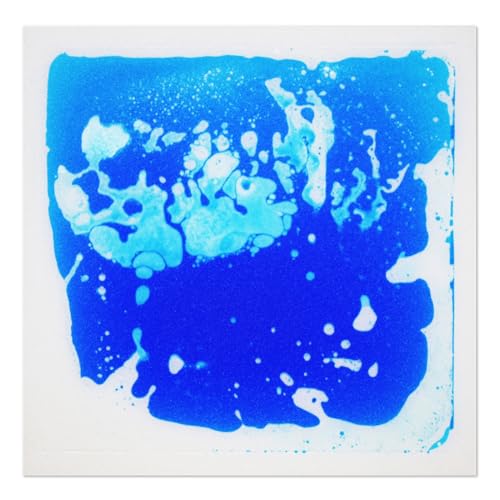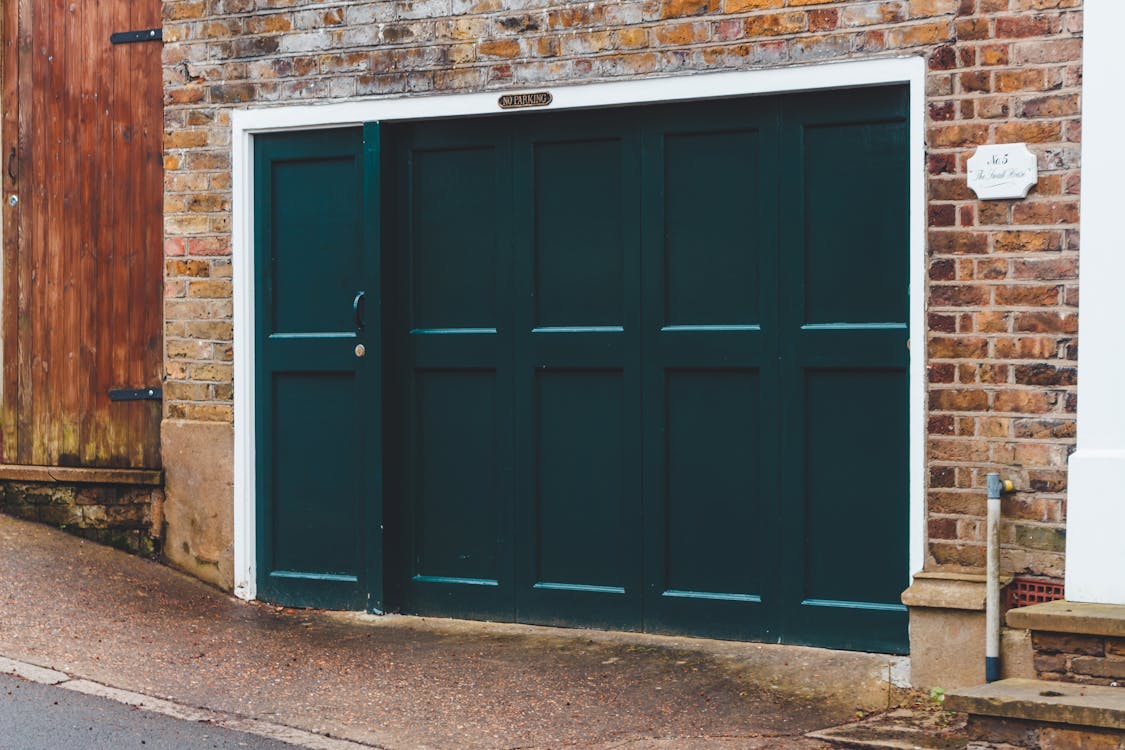Ever wondered if those stunning mosaic tiles you admire can actually be used on your floor? You’re not alone! Many homeowners dream of incorporating the intricate beauty of mosaic tiles into their living spaces but hesitate, unsure if it’s practical.
The good news is, mosaic tiles aren’t just for walls and backsplashes. With the right approach, you can enjoy their artistic flair underfoot. Let’s explore why mosaic tiles could be the perfect choice for your flooring project and what you need to consider before diving in.
Exploring the Suitability of Mosaic Tiles for Flooring
As a homeowner, home builder, and designer, you might wonder if mosaic tiles work well on floors. Let’s delve into this.

The Basics of Mosaic Tiles
Mosaic tiles consist of small pieces of glass, stone, or ceramic. They’re popular for intricate designs and vibrant patterns. They usually come on mesh sheets for easy installation.
Pros of Using Mosaic Tiles on the Floor
- Aesthetic Appeal
Mosaic tiles can transform the floor with unique patterns. They bring a touch of creativity and elegance. - Durability
High-quality mosaic tiles are strong and long-lasting. They’re excellent for high-traffic areas if chosen correctly. - Slip Resistance
The grout lines between mosaic tiles increase traction. This helps reduce slips, especially in wet areas like bathrooms.
- Installation Complexity
Installing mosaic tiles requires precision. Mistakes can disrupt the pattern, making professional help advisable for best results. - Maintenance Requirements
Grout lines can attract dirt and stains. Regular cleaning and sealing are essential to maintain appearance and hygiene. - Cost Consideration
Mosaic tiles can be more expensive than standard tiles. Factor in both material and installation costs when budgeting.
Each consideration can impact your decision to use mosaic tiles on your floor. Assess these factors to determine if they’re suitable for your project.
Key Consideration Factors
When considering mosaic tiles for flooring, assess several factors. These aspects ensure suitability and long-lasting appeal.
Durability and Wear
Mosaic tiles are durable but vary by material. Glass mosaics resist stains but crack under heavy impact. Ceramic mosaics offer strength but may chip over time. Natural stone mosaics withstand heavy foot traffic yet require sealing.
Maintenance and Cleaning
Maintenance is crucial for long-term beauty. Glass mosaics need mild cleaners to prevent scratching. Ceramic mosaics clean easily with standard detergents. Stone mosaics demand periodic resealing and specific cleaners to avoid damage.
Design Ideas for Mosaic Floor Tiles
Creative Patterns and Placements
Mosaic tiles allow for unique patterns. Use herringbone, chevron, or hexagon layouts to create dynamic visuals. Consider placing tiles in entryways, bathrooms, or kitchens. Focus on areas where design impact matters. Create borders or central medallions to highlight spaces.
Mixing Colors and Materials
Combine various colors and materials for depth. Mix glass, ceramic, and stone tiles for texture. Use contrasting colors to make patterns pop. Focus on neutral tones if you prefer subtle designs. Try using monochromatic schemes for a cohesive look.
Alternatives to Mosaic Tiles for Flooring
Several alternatives to mosaic tiles work well for flooring. These options can offer durability, aesthetics, and easy maintenance.
Comparing Other Flooring Options
Several options compare well to mosaic tiles. Consider these:
- Porcelain Tiles: Porcelain tiles provide durability and water resistance. These tiles come in various styles, mimicking stone or wood.
- Vinyl Flooring: Vinyl is budget-friendly and available in many styles. It’s also easy to install and maintain.
- Hardwood Flooring: Hardwood offers a classic and warm look. However, maintenance and water resistance can be concerns.
- Laminate Flooring: Laminate mimics wood and stone at a lower cost. It’s also durable and easy to clean.
| Flooring Type | Durability | Maintenance | Cost | Design Variety |
|------------------|------------|-------------------|------------|----------------|
| Porcelain Tiles | High | Low | Moderate | High |
| Vinyl Flooring | Moderate | Very Low | Low | High |
| Hardwood | Moderate | High | High | Moderate |
| Laminate | Moderate | Low | Low | High |
Concrete Flooring
Concrete floors are highly durable and versatile. They suit modern and industrial designs. Sealing is necessary to prevent stains and wear.
Natural Stone
Natural stone like marble, slate, and granite offers luxury and durability. Each piece is unique, providing a distinct look. Maintenance includes periodic sealing.
Ceramic Tiles
« Ultimate Guide: How to Care for Sunflowers in a Vase and Keep Them Fresh Longer
Why Designers Are Obsessed with Light Walls and Dark Trim: Transform Your Home Easily »
Ceramic tiles are similar to porcelain but more varied in design and texture. They work well for both traditional and modern spaces and are easy to maintain.
Choosing the right flooring depends on factors like durability, aesthetics, and budget. Each alternative offers unique advantages suited to different needs and preferences.
Conclusion
Choosing the right flooring for your space is all about balancing durability, aesthetics, and budget. Mosaic tiles offer a unique and stylish option that can withstand high traffic while adding a touch of elegance. However, there are plenty of alternatives like porcelain, vinyl, hardwood, and more, each with its own set of benefits.
Consider what works best for your specific needs and preferences. Whether you go with the intricate beauty of mosaic tiles or opt for another material, the right choice will enhance the look and feel of your home. Happy decorating!















